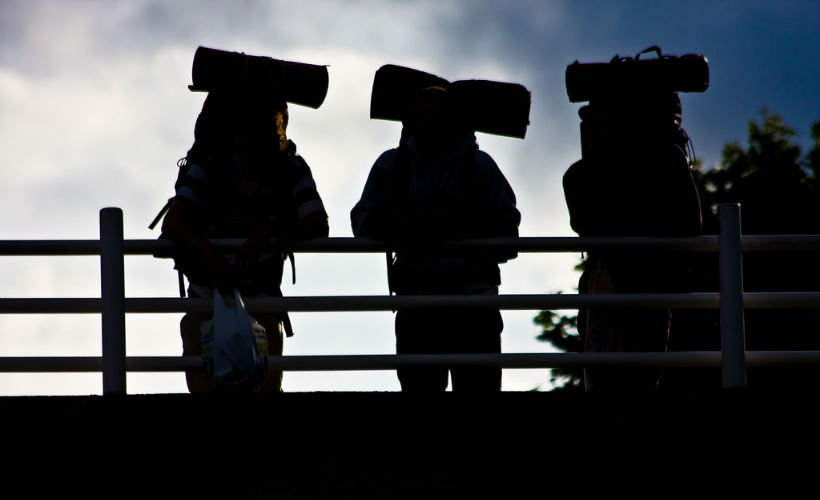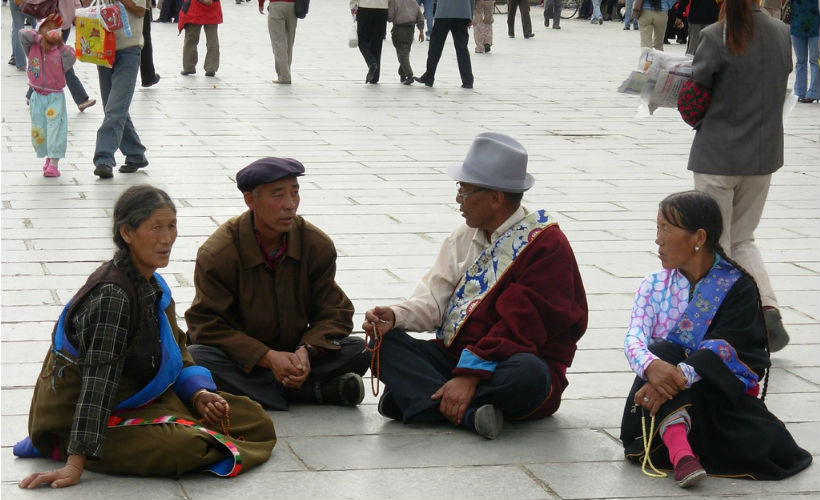
The Millennial generation – those of us born between 1982 and 1999, are entering the prime spending stage of their life. However, unlike previous generations, they are holding back on the common life landmarks like marriage and mortgage. Instead, they are investing in travel experiences. They have grown up with the Internet and through social media they have also grown up with deeper connections to the world, which is fuelling their desire to enrich lives through travel. However, this generation has very unique attitudes and expectation from the travel industry.
“By tailoring the experiences for the Millennial traveller, we stand to gain their trust for years to come, as indicated by the importance they place on the opinion of their peers whom they trust and find relatable.” says Simon Fiquet, General Manager for Southeastasia and India, Expedia group, which offers travelers a wide selection of hotels, activities and travel services at attractive rates.
To understand the changing travel trends among-st the new generation, Expedia along with Foresight Factory conducted a study to explore the key trends that pose changes and pressures for the Millennial vacation and booking process. A 10 minute questionnaire was circulated among 1000 consumers in over 20 countries including Malaysia, India, New Zealand, South Korea and Germany.
Here’s what the study reveals:
Authenticity and Personalization of Travel Experience
Authenticity to the Millennials means above all cultural appreciation, “living like a local”; independence and originality. The sheer amount of choices in travelling options is prompting the Millennials to demand perfect personalization – challenging the industry to understand them better than they even do themselves.

A majority of APAC travellers, and 72 percent of Malaysian respondents think that experiencing the authentic culture of a place is the most important aspect of their holiday abroad, while the figures for Western-based travellers are noticeably lower.
Convenience and Safety
The Millennials are the poster generation for today’s technology-solves-all mentality, applying it to improve every aspect of their lives. Millennials expect convenience at all touch-points: fewer confirmation emails to clutter the inbox; being able to book or cancel a holiday last-minute, or even switch names on tickets if need be; having more payment options to divide, amalgamate or otherwise play with costs.
The study reveals that 75% Malaysians said they were very interested in having a wearable technology that could automatically adjust the hotel room temperature according to one’s own body temperature!

The other important factor that stood out when choosing a travel experience was the concern for personal safety. Millennial risk- aversion extends beyond just bodily safety to even the “risk” of having a bad time.
In most non-Western markets, the influence of fellow consumers (review sites, blogs, travel forums) is the most important source of influence when it comes to their holiday decision-making – more so than close contacts (friends, family, social network contacts) and industry experts (travel agents, travel providers, expert opinion websites).
The Role of Social Media
For the generation that grew up with Internet, it’s not surprising that inspiration for holiday plans are noticeably influenced by what has been seen on social media. Infact 44 percent consumers have admitted that holiday photos posted by contacts on social media influence the holiday plans. Although the final choice is influenced also by the advice from family and friends, (online) travel agents and peer-led reviews.
-

A lot of Millennials depend on Social Media posts to make their holiday and vacation decisions (Photo Credit: Pixabay)
30 percent of Millennials find sharing images online that represent their lifestyle very valuable to their overall entertainment, with a further 63 percent finding this less valuable. On average, APAC travellers are about twice as likely to find such peer response important compared to travellers from Western countries.
Perhaps, the most important finding from the study is that the Millennials do not fall for the age-old trap of holiday discounts to share their personal travel data with agents and other travel companies. This generation is more keen to share personal data share in exchange for recommendations, advice/tips, and personalised service assurance.

